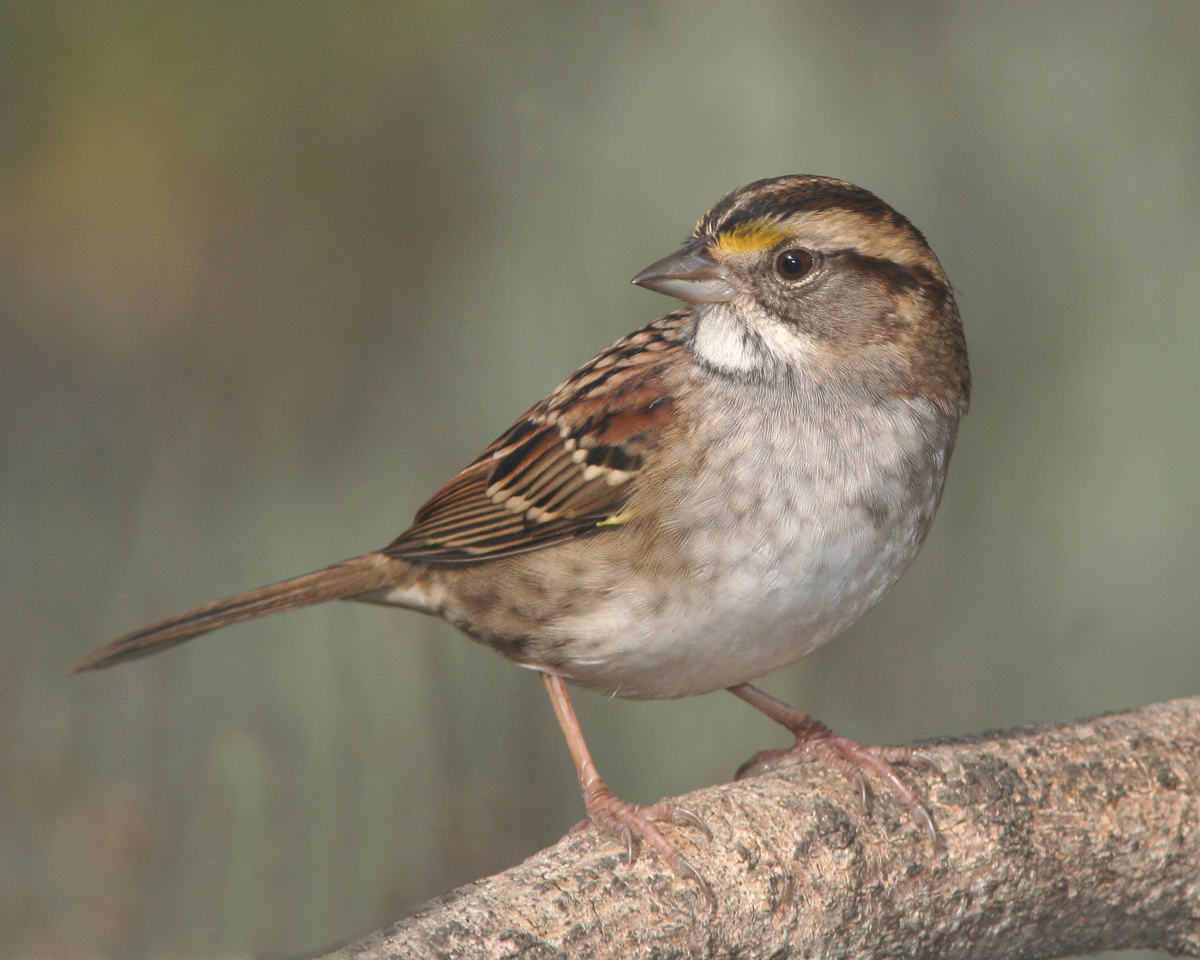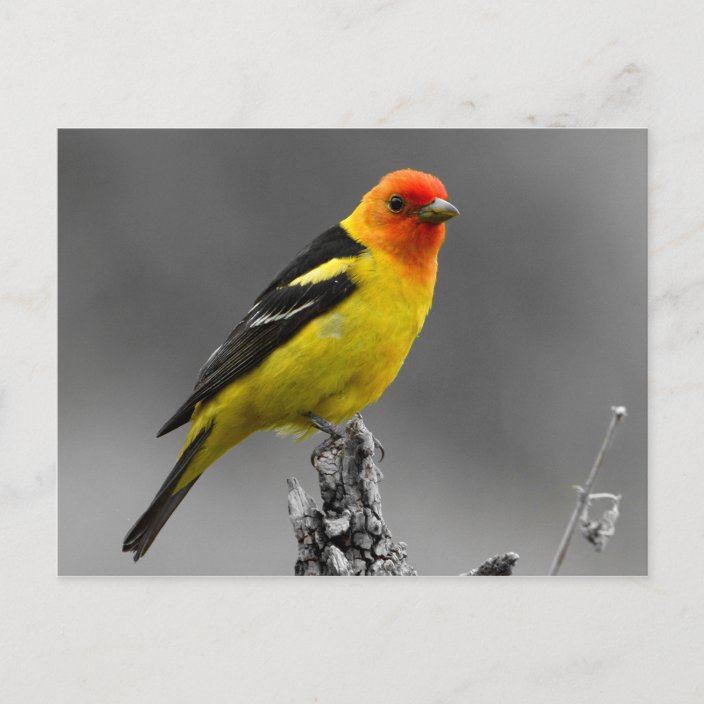
Managing Animal Enrichment and Training Programs.Environmental Enrichment in Zoos and Aquariums.Effective Leadership: Continuous Growth.Effective Leadership: Foundation & Development.
#American songbird professional#


Aquatic Collections Sustainability Committee.Use the native plant finder from the National Wildlife Federation. Even better, plant native milkweed and other pollinator-friendly plants in your own garden. At this time, it is recommended to avoid captive rearing of monarchs, which has been linked to lower survivorship and the transmission of diseases, read more.Ĭut back tropical (non-native) milkweed in mid-October to discourage monarchs from overwintering in Delaware and to help reduce disease transmission. In recent years, many people have tried to help monarchs by captive rearing caterpillars and later releasing adult butterflies. Ask your garden centers for pesticide-free pollinator plants (both topical applications and systemic pesticides that plants are bred with) to make sure the plants in your garden won’t harm monarchs.

Reduce or eliminate your use of pesticides that can directly and indirectly harm essential pollinators. You can participate in community science opportunities to save monarchs by reporting monarch sightings via Journey North, report monarch eggs and larva via Monarch Joint Venture, and report migrating monarchs (typically in the fall) with Monarch Watch.
#American songbird free#
Save mature, dry pods by storing them in a moisture free bag or learn to harvest seeds. Email to donate your seed pods. Harvest your pesticide-free milkweed seed pods and donate them to the zoo! We will save them to give away to guests during programs or grow plants for giveaways or at our native plant sale.
#American songbird zip#
This useful website lists the best pollinator plants for your site based on your zip code. Find free milkweed plants: Monarch Watch, Milkweed 4 Monarchs, Live Monarch, Grow Milkweed Plants.įind out what to plant using the National Wildlife Federation’s native plant finder. Adults lay their eggs on milkweed and monarch caterpillars feed on the plants. Milkweed is a host plant for monarch butterflies, and native milkweed plants are the best choice to help feed and rear the next generation of monarchs. This information helps researchers determine the daily flight paths of individual monarch butterflies for the first time! By using these new technologies, we can better track Monarchs’ migration and protect their migration routes. This project utilizes Onset HOBO MX 2202 data loggers to collect light, pressure, and temperature data. In 2021, we participated in the M3 Monarch Migration Study led by the University of Michigan. The money generated from these plant sales go to the Delaware Zoological Society’s Conservation fund. This also serves as a way to educate the public on the importance of native plants in backyard spaces. We host native plant sales during peak migration and planting seasons to promote native plants in home gardens for migrating monarchs. These serve as important waystations for pollinators to refuel on nectar and reproduce. We currently have multiple areas in the zoo where we grow butterfly weed ( Asclepias tuberosa), a species of milkweed that monarchs need to complete their life cycle, as well as other native plants.


 0 kommentar(er)
0 kommentar(er)
